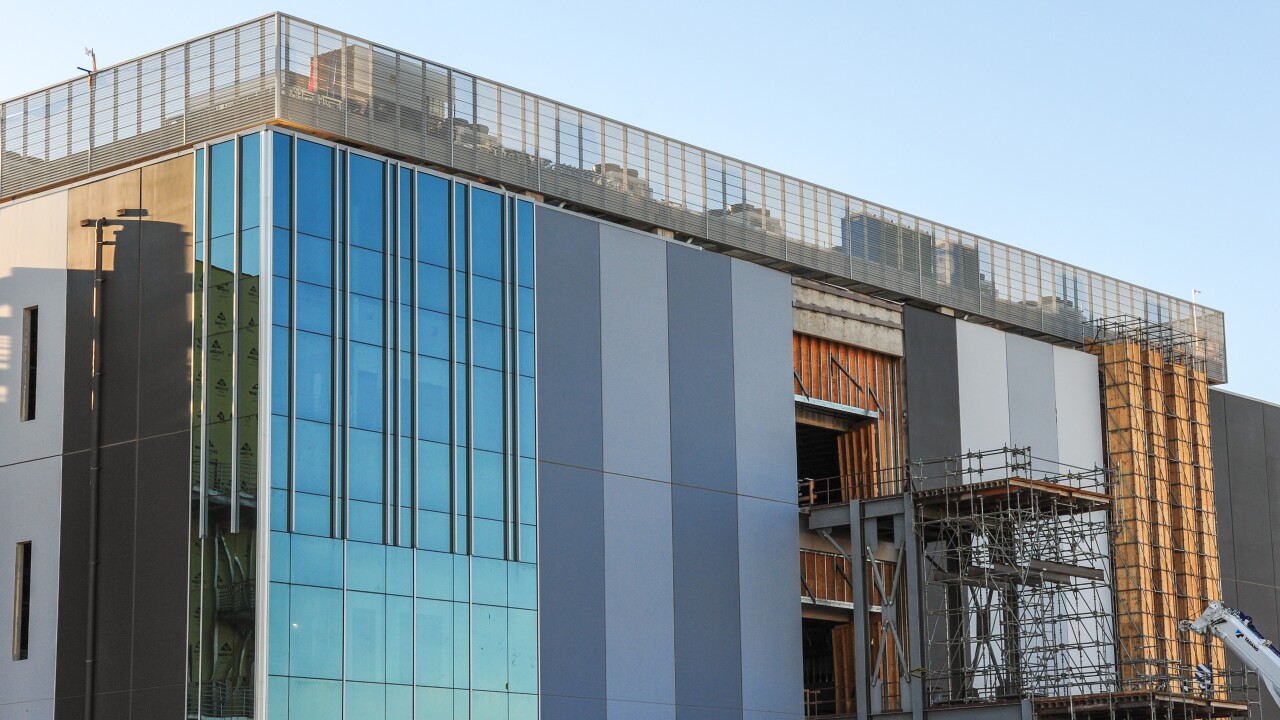Donna M. Mitchell is a financial journalist based in the New York metro area with expertise covering structured finance, commercial real estate, and wealth management. Her work has appeared in Forbes, Next Avenue, Financial Planning and National Real Estate Investor.
-
Net franchise royalties support Jersey Mike's Funding 2026-1's cash flows, which accounts for 52.9% of securitized revenues.
January 29 -
The largest single obligor exposure is to the U.S. government, accounting for $146.8 million or 14.19% of the aggregate securitization value (ASV).
January 28 -
OBX 2026-J1 will repay noteholders through a senior subordinate, shifting interest structure.
January 27 -
During a three-month period after closing, PAID 2026-1's prefunding account will use deposits to purchase unsecured consumer loans, if they meet eligibility criteria.
January 27 -
TVC Mortgage's notes, which will be generally interest-only, will repay investors sequentially.
January 26 -
The moderate leverage reflects the quality of RMBS pools from recent issuance years. Borrowers have a non-zero WA annual income of $1 million, with liquid reserves of $594,348.
January 23 -
The deal amplifies Janus' existing model portfolios and separately managed account offerings and positions the firm to be a leader in that area.
January 23 -
The deal includes some structural changes, such as subordination levels of 41.05%, 32.25%, 19.45% and 6.10% on classes A, B, C and D, respectively, and all those levels increased from the previous deal.
January 22 -
The notes will benefit from a reserve account, to be funded unless a default event occurs, and the transaction will deposit an amount equal to interest due on the class RR notes.
January 22 -
NewtekOne offers 10- to 25-year amortizing loans with no balloons, and either limited or no covenants, and other provisions similar to SBA 7(a) loans.
January 21 -
A reserve account is in place, although its percentage of the pool balance decreased compared with the previous deal. Also, pre-pricing excess spread was 13.89%.
January 21 -
Despite RCKT Mortgage's second-lien composition, the loans display several positive credit characteristics, including a WA credit score of 745.
January 20 -
The centers are also located in 15 markets, with the largest market accounting for 20.3% of the pool's annualized revenue.
January 20 -
By aircraft value, Fitch says 6% are leased to credits considered investment grade, while the weighted average rating by Fitch Value ranges between 'B' and 'B-'.
January 19 -
The notes are expected to pay coupons of 4.94% on notes in the A1FCF tranche, rated AAA from KBRA and Fitch Ratings, to 6.78% on the B1 notes.
January 16 -
The loan is expected to have an initial term of two years, with the potential three, 12-month extensions.
January 14 -
Transactions from 2024 are performing better than deals issued in 2023, and deals from 2025 and 2024 are performing well with in expectations.
January 14 -
Underwriting relied on full documentation in keeping with Ability-to-Pay rules, and all the loans received a third-party due-diligence review.
January 13 -
Express Settlement Loans, or E-Loans, extended to customers enrolled in a debt relief program, and Consolidation Loans, or C-Loans, for more qualified borrowers are in the pool.
January 13 -
The true-up mechanism is charged annually, but can be paid more frequently to ensure notes make timely payment of principal and interest of the 2025 revenue bonds and related financing costs.
January 12




















